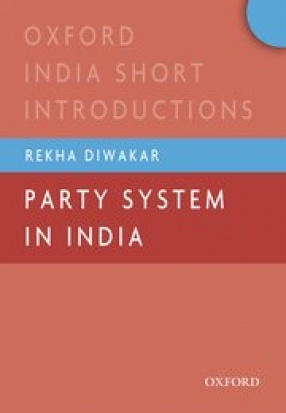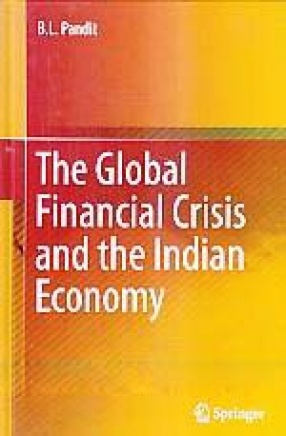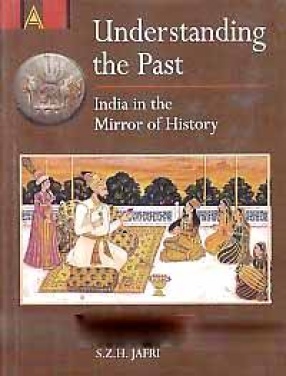Party systems have important political, social, and economic consequences in a polity. This book analyses the characteristics, evolution, and determinants of party system in India.
Through a combination of examining theoretical explanations and interpreting empirical data, this short introduction facilitates a clear comprehension of the various phases of the Indian party system, from Congress’ dominance to the fragmentation of the party system, the emergence of regional parties and coalition politics, and more recently a move towards a BJP-centred party system. It argues that the party system in India continues to be shaped by a complex interaction of sociological, institutional, and contextual factors. By situating the Indian party system in the context of these determinants, this book also attempts to provide a framework for comparative analysis of party systems. It highlights that both national and regional parties remain crucial parts of the party system given India’s socio-cultural diversity, and politics that continues to be coalitional. Outlining the key challenges facing parties in India, the book nevertheless reinforces the argument that a competitive party system is key to the functioning of Indian democracy and the parties remain the most important link between the state and its citizens.





There are no reviews yet.